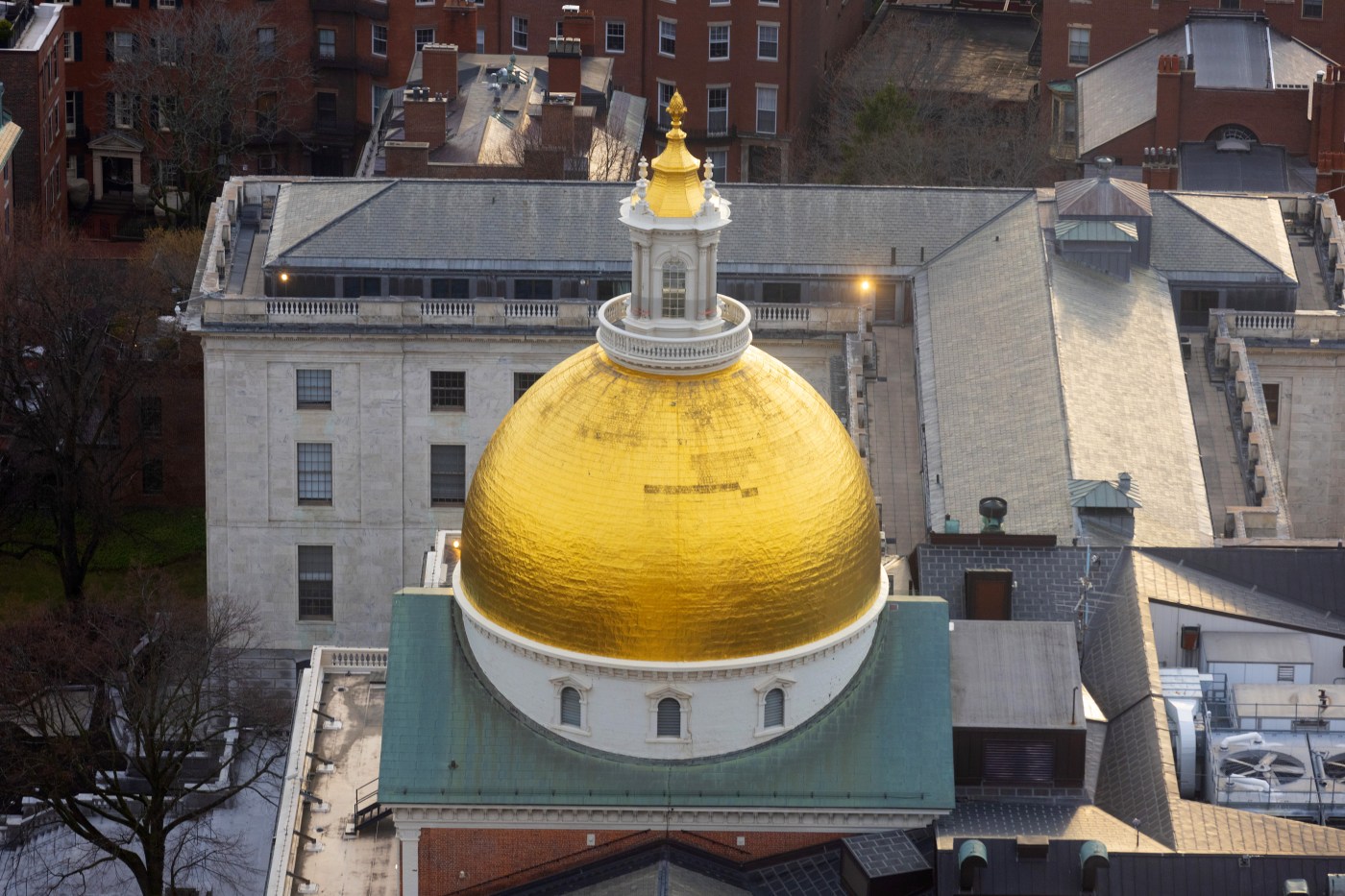
Pols & Politics: House pols to take up $61B budget over the next few days; PILOT payouts by neighborhood in Boston
House lawmakers are set to gavel into session over the next week to take up a $61 billion fiscal year 2026 budget proposal that comes in slightly lower than the plan Gov. Maura Healey released earlier this year.
But Democrats who lead the chamber are likely to pack more than $100 million more in funding into the bill through the floor debate and the amendment process.
Lawmakers filed 1,650 amendments that would add an estimated $2.45 billion to the spending plan that House Democratic leadership released earlier this month, according to analysis from the Massachusetts Taxpayers Foundation.
About 80% of the amendments representatives filed are earmarks — funding requests from local projects, initiatives, or organizations — while 20% are policy proposals, programmatic funding increases, or introduce new line-item language, according to the foundation.
Amendments touch on everything from healthcare to education and transportation to housing. Legislators in the House will likely spend multiple days working through the massive pile of amendments by bundling them up into single policy-specific mega-amendments.
The House added just over $95 million to their fiscal year 2025 budget last year, which was $33 million less than was added in fiscal year 2023, according to the Massachusetts Taxpayers Foundation.
Not all amendments will make it past the cutting room floor this year.
The House adopted just under half of all amendments that were filed during the fiscal year 2025 budget debate last year.
The $61 billion plan that Democrats released this month does not include a series of tax increases Healey proposed earlier this year but it still spikes state spending by 6.3% over last year’s state budget.
House Speaker Ron Mariano and his budget chief, Rep. Aaron Michlewitz, also want to bar real estate brokers from charging a commission or a fee to a tenant for finding an apartment to rent if the tenant did not initiate contact with the broker. Healey pitched a similar policy in her budget.
The book on Boston
A book launch party is set for May 14 for “The Battle for Boston” by Don Gillis about the struggles in the city back when Ray Flynn was mayor.
The former mayor, now 85, will attend to help illuminate what the city was like during his tenure in office from 1984 to 1993. He then served as United States Ambassador to the Holy See from 1993 to 1997, but that’s an entirely different story.
PILOT lands
Boston’s PILOT program — Payment in Lieu of Taxes — was posted this week and here’s what each neighborhood will receive in so-called “community benefits.” Citywide, the tally is $207.2 million. As the Herald first reported, the tax-exempt colleges, universities, and hospitals left $30 million in cash on the table. But here is what each neighborhood gets, in alphabetical order:
Allston: $3,566,463
Brighton: $4,474,760
Back Bay: $228,600
Beacon Hill: $319,953
Charlestown: $593,131
Chinatown/Downtown: $3,410,005
Dorchester: $5,811,770
East Boston: $3,061,899
Fenway/Longwood: $227,652
Hyde Park: $1,749,478
Jamaica Plain: $1,102,371
Mattapan: $2,149,077
Mission Hill: $3,362,048
North End: $84,953
Roslindale: $3,178,464
Roxbury: $5,559,205
South Boston: $1,498,612
South End: $1,943,698
West End: $94,953
West Roxbury: $507,069
This tally is from 40 city institutions who are offering up “community benefits” over cash paid for taxes. Those benefits rage from scholarships, job training, health “disparities programs,” and more.
Community benefit categories
The PILOT report lists “education” as the top community benefit with $120 million for “post-secondary access, scholarships, school funding, supports and resources and investment in educational environment.”
Next comes “community health” for “health initiatives, education and outreach beyond charitable mission of the institution.” That category receives, according to the city $36.9 million.
Both the two top categories jumped year-over-year by 31.6% and 9.17%, respectively.
Other categories include violence prevention ($4.9 million) to housing ($3 million.)
The city’s wealthy nonprofit sector came up $30 million short of its requested PILOT payment last year.

